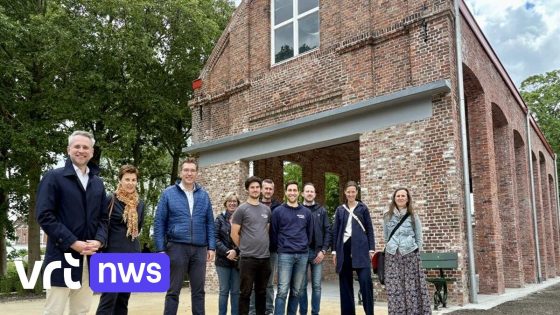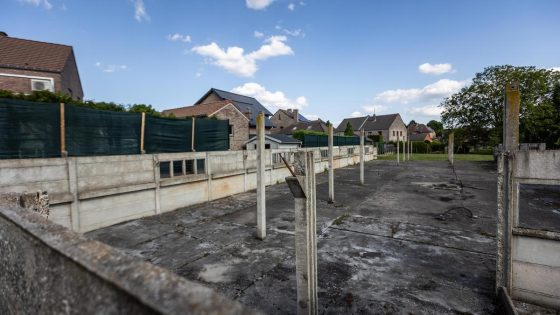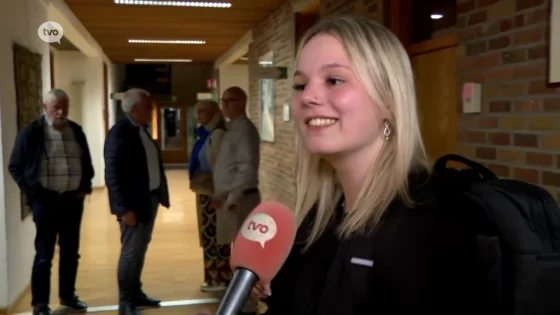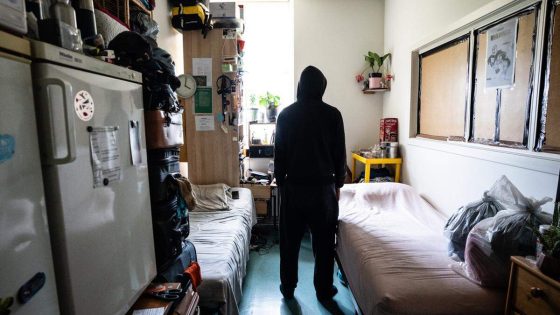Healthy school meals are becoming a hot topic in Flanders, with over 120 municipalities reluctant to fund these initiatives. As of 2025-05-07 19:17:00, this debate highlights the challenges in implementing nutritious food programs across the region’s schools. The goal is clear: improve children’s health through better nutrition, but the path is anything but straightforward.
- Meer dan 120 Vlaamse gemeenten weigeren bijdragen
- Gemeentebestuur uit kritiek op maaltijdvoorstel
- Compromissubsidies vervreemden Vlaamse regering van kerntaken
- Vlaanderen investeert miljoenen in schoolmaaltijden
- Niet alle leerlingen krijgen automatisch recht
- Subsidie wordt afgeslankte versie van eis Vooruit
Some local governments argue that healthy eating goes beyond just providing an apple a day, expressing concerns about the costs and the scope of such programs. Meanwhile, the Flemish government has allocated millions for school meals, but not every child will automatically benefit from these subsidies.
What does this mean for parents and schools in Flanders? Let’s explore the key points shaping this ongoing discussion.
Why is there resistance to funding healthy meals in schools? Could this impact children’s wellbeing long-term? The debate raises important questions about responsibility and priorities in public health and education.
- Over 120 municipalities have declined to co-finance healthy meal programs.
- Local authorities emphasize that healthy eating requires more than minimal efforts.
- The Flemish government’s subsidies may not cover all students, leading to unequal access.
- Critics worry that fragmented funding distracts the government from core responsibilities.
As the discussion continues, stakeholders must find common ground to ensure all Flemish children receive healthy meals at school. Will municipalities reconsider their stance? The coming months will be decisive for the future of school nutrition in Flanders.






























